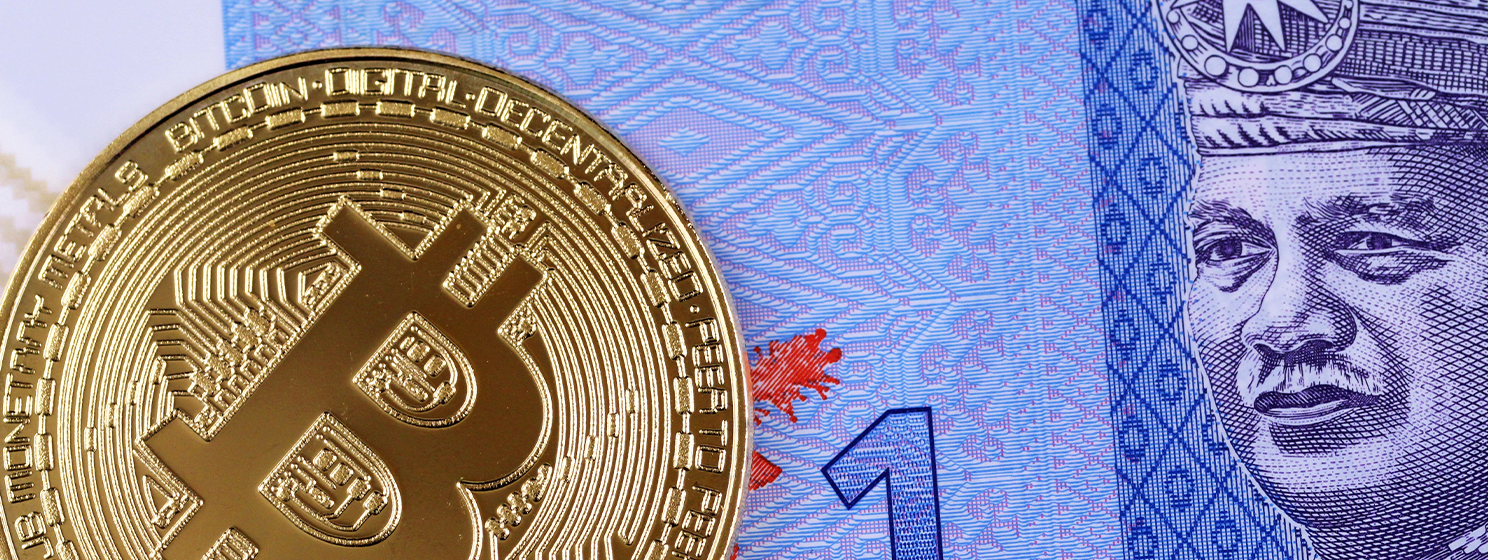|
Getting your Trinity Audio player ready...
|
Barely two years after unveiling a digital asset regime, Dubai’s financial authorities are amending the rulebook to keep pace with global regulatory changes, forcing the hand of industry players to comply with new rules.
The latest amendments came from the Dubai Financial Services Authority (DFSA) to its token regime from 2022 following the results of a public consultation at the start of the year. According to the media release, the changes to the token regime will have a significant effect on service providers in several areas with stiffer penalties for defaulting firms.
The amendments lift the ban on fund activities involving digital assets, allowing players to offer the public access to foreign funds investing in digital assets. The new rules also appear to allow registered local funds to invest in small-cap digital currencies, but investments are to be limited to less than 10% of the fund’s gross asset value.
Outside of funds, the amendment significantly reduced the fees charged for token recognition from $10,000 per token to $5,000 following complaints of stringent licensing procedures. However, the DFSA clarified that the new swathe of amendments does not constitute a dropping of its guard.
“We emphasize that our proposal does not mean we are relaxing our approach, rather it is meant to provide the DFSA with the flexibility to recognize Fiat Crypto Tokens issued in other jurisdictions with comparable regulation,” said the DFSA.
The new rules appear to tighten the reins for service providers offering custodial services, urging firms to clearly separate customers’ funds from proprietary assets as an added layer of protection during black swan events.
New rules for staking digital assets, reporting rules, and compliance guidance for the travel rule underscore the DFSA’s commitment to comply with global minimum standards.
The regulator cites guiding documents by the International Organization of Securities Commission (IOSCO) and the Basel Committee on digital assets as key drivers for the new amendments.
“Our objective with the Crypto Token regime is to foster innovation in a responsible and transparent manner while ensuring we meet our regulatory objectives,” said Ian Johnston, DFSA head. “At the DFSA, we have taken a balanced approach in the development of this regime and remain committed to evolving it in line with global best practices and standards.”
A collaborative streak
Apart from introducing strict financial regulations in Dubai, the DFSA has a streak of seeking collaboration with sister agencies in other jurisdictions to protect the interest of digital asset investors.
In June 2023, Elizabeth Wallace, a DFSA executive, revealed in an interview that the regulator will be keen on reducing incidents of regulatory arbitrage via partnerships. G20 and G7 nations are toeing the same path toward establishing common operating standards for industry players across the board.
“They are across the whole world and as regulators, we need to talk to each other a lot more in this area because there can be quite a few gaps and we have seen a lot of bad actors trying to plug some of those gaps,” said Wallace.
Watch: The Middle East’s Blockchain Race

 02-21-2026
02-21-2026 




